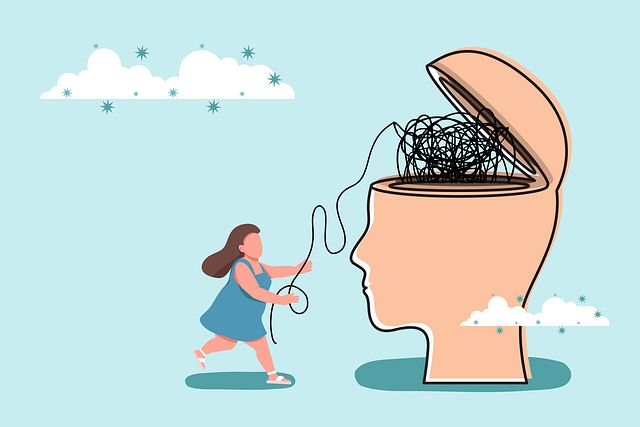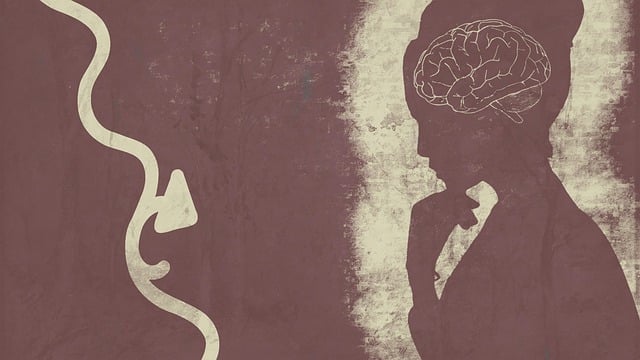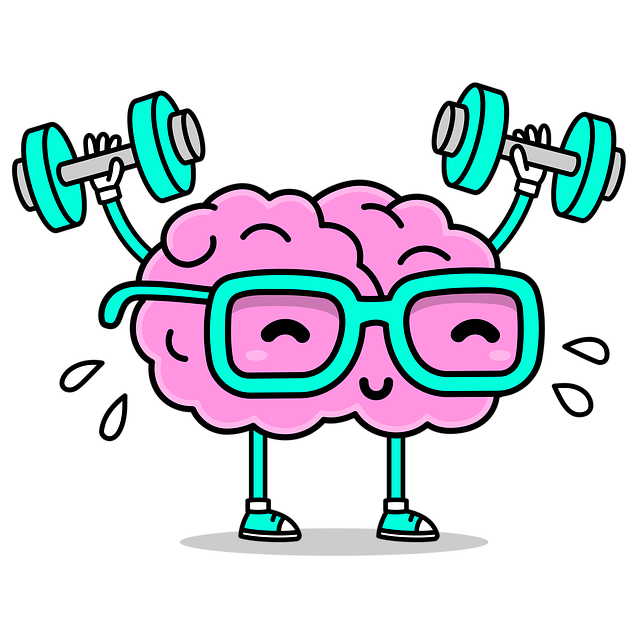Understanding mental health data involves collecting comprehensive information from various sources, with cultural sensitivity crucial for relevance. Cognitive Processing Therapy (CPT) is an effective tool tailored for adolescent teens to address anxiety, depression, and PTSD by modifying thought patterns and enhancing emotional well-being. Interpreting this data allows therapists to optimize treatment strategies using trend analysis, potentially integrating additional techniques like Social Skills Training or Mindfulness Meditation for dynamic, responsive plans that promote positive outcomes.
Mental health data analysis is a powerful tool for understanding and improving treatment strategies. In this article, we explore critical aspects of mental health data interpretation, focusing on its application in Cognitive Processing Therapy (CPT) for adolescent teens. We discuss the process of collecting and preparing mental health data, delving into CPT techniques specifically tailored to this demographic. By interpreting results effectively, healthcare providers can enhance treatment outcomes and better support young minds.
- Understanding Mental Health Data: Collection and Preparation
- Applying Cognitive Processing Therapy for Adolescent Teens
- Interpreting Results: Enhancing Treatment Strategies
Understanding Mental Health Data: Collection and Preparation

Understanding Mental Health Data is a critical step in any analysis process. The first layer involves the meticulous collection of data from various sources such as clinical notes, surveys, and structured interviews. These data points must be comprehensive, capturing not just symptoms but also social determinants of health, patient history, and treatment modalities like Cognitive Processing Therapy for adolescent teens. Proper preparation ensures that all data is consistent, clean, and ready for in-depth analysis, making the interpretation more accurate and reliable.
In mental healthcare, Cultural Sensitivity plays a pivotal role in understanding context and ensuring data relevance. Burnout Prevention Strategies are also essential to maintain the well-being of healthcare providers, which in turn improves their ability to interpret and respond to patient data. Furthermore, Risk Assessment for Mental Health Professionals is crucial to identifying potential challenges and implementing mitigation measures, thereby enhancing the accuracy and effectiveness of data analysis.
Applying Cognitive Processing Therapy for Adolescent Teens

Cognitive Processing Therapy (CPT) has emerged as a powerful tool in addressing mental health concerns among adolescent teens. This therapeutic approach focuses on modifying unhelpful thought patterns and cognitive distortions that often underlie various psychological disorders. By helping teens identify and challenge negative or distorted thoughts, CPT aims to enhance their emotional well-being and overall resilience.
For adolescents struggling with anxiety, depression, or even post-traumatic stress disorder (PTSD), CPT offers a structured framework. The therapy encourages teens to develop healthier coping mechanisms and improve their problem-solving abilities. Moreover, it includes strategies for crisis intervention guidance, fostering better emotional regulation and reducing the impact of mental illness stigma. As teens navigate the challenges of adolescence, CPT equips them with the skills to manage stress, boost confidence, and promote positive self-perception.
Interpreting Results: Enhancing Treatment Strategies

Interpreting results from mental health data analysis is a pivotal step in enhancing treatment strategies for adolescent teens. By carefully examining trends and patterns within the collected information, therapists can gain valuable insights into each teen’s cognitive processing and social skills development. This data-driven approach allows for a more tailored and effective delivery of therapy, such as Cognitive Processing Therapy (CPT), which focuses on helping individuals make sense of their experiences and manage emotions associated with traumatic events.
The analysis might reveal areas where Social Skills Training or Mindfulness Meditation could be integrated into the therapeutic process. For instance, identifying challenges in emotional regulation could prompt therapists to incorporate mindfulness exercises designed to improve mental wellness. Such adaptations ensure that treatment plans remain dynamic and responsive to each teen’s unique needs, ultimately fostering more positive outcomes.
Mental health data analysis is a powerful tool that, when applied thoughtfully, can significantly enhance treatment strategies for adolescent teens. As demonstrated through Cognitive Processing Therapy (CPT), interpreting collected data allows professionals to tailor therapeutic approaches, leading to more effective outcomes. By focusing on CPT’s proven efficacy in this demographic, mental health practitioners can better support young individuals and improve overall well-being. This analytical approach is not only a game changer but also a crucial step towards navigating the complex landscape of adolescent mental health.










